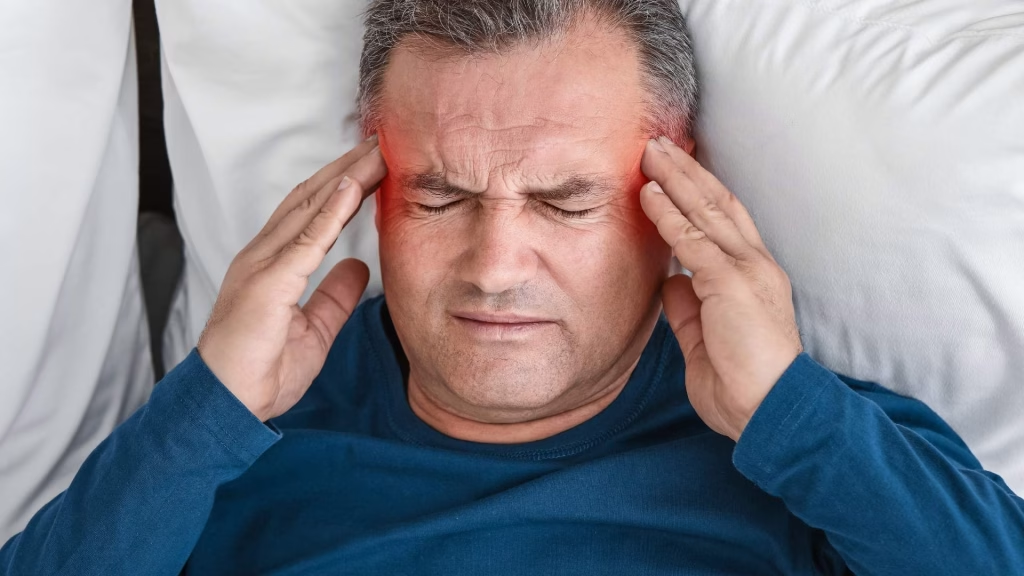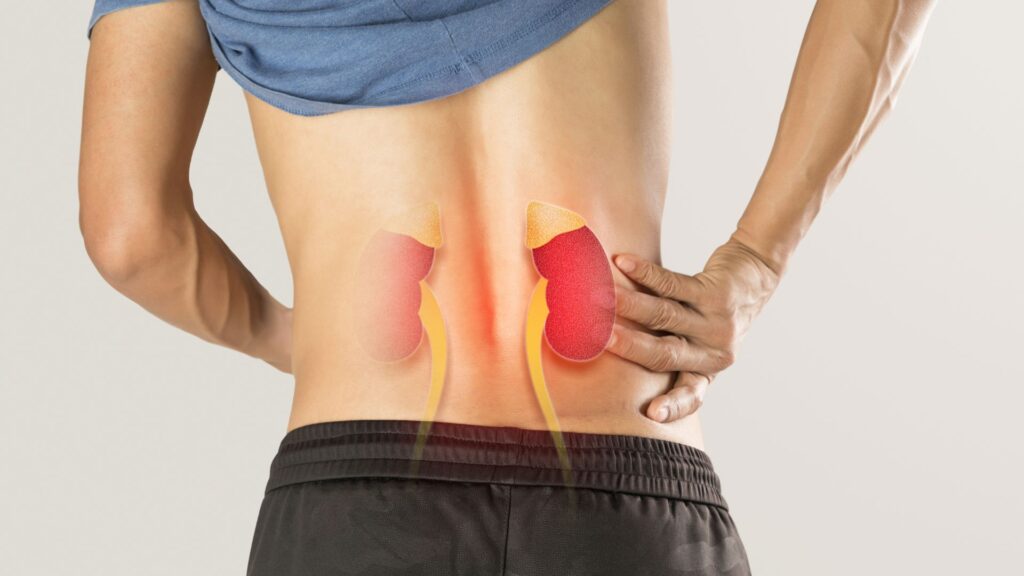Self-care is a crucial, yet often underestimated, part of addiction recovery. While therapy, medication, and support groups are essential, lasting recovery also relies on the consistent ability to care for your physical, mental, and emotional needs.
This article explores the role of self-care in addiction recovery, why it’s essential, and how to develop effective self-care strategies that support long-term sobriety and overall wellness.

Understanding Addiction and the Role of Self-Care
Addiction is a chronic condition that affects both the brain and behavior. Whether it’s drugs or alcohol, compulsive substance use disrupts a person’s physical and mental health, relationships, and daily functioning.
For individuals in recovery, especially those in outpatient programs, learning how to care for themselves becomes a cornerstone of healing. Outpatient care provides flexibility, allowing individuals to build self-care habits while remaining connected to professional support.
Self-care in addiction recovery goes beyond bubble baths or temporary comfort. It means rebuilding routines, establishing boundaries, addressing mental health, and reconnecting with personal values.
Why Self-Care is Essential in Recovery
During active addiction, self-care is often neglected. Poor sleep, unbalanced diets, high stress, and emotional numbness become the norm. As people in recovery rebuild their lives, it’s important to understand the importance of self-care in addiction recovery and its ability to reduce relapse risk.
Prioritizing self-care helps regulate emotions, restore brain function, and build the resilience needed to navigate triggers. It’s also an essential part of developing coping skills and replacing destructive habits with healthier ones. When individuals engage in caring for themselves consistently, they strengthen both their physical health and mental health, laying a strong foundation for sustained recovery.
As a plus, effective self-care can also help individuals address past trauma or emotional wounds that may have contributed to substance abuse in the first place.
Effective Self-Care Strategies in Addiction Recovery
There’s no one-size-fits-all approach to self-care, but there are some core areas everyone should consider:
- Physical self-care involves sleep hygiene, exercise, and nutrition. Taking care of your body restores energy and improves mood.
- Mental self-care includes therapy, journaling, and setting realistic goals. These practices promote clarity and confidence.
- Emotional self-care focuses on identifying and expressing feelings in a healthy way. It may involve talking to a counselor, engaging in creative outlets, or joining support groups.
- Spiritual self-care helps individuals find meaning and purpose. This could involve prayer, meditation, or connecting with a supportive community.
Together, these habits help individuals in recovery from substance use disorder manage stress, avoid burnout, and build a fulfilling life in recovery. It also strengthens your ability to connect with others, a key component of emotional healing and long-term support.
Building a Routine That Supports Recovery
Routine is key to practicing self-care in recovery. The structure provides stability, reduces anxiety, and replaces the chaos that often comes with substance use. Creating a daily routine that includes regular self-care activities—such as morning movement, healthy meals, peer support groups, or time for mindfulness—can help maintain recovery and reduce the risk of relapse.
A successful recovery routine should also include flexibility and grace. Not every day will go perfectly, but consistency over time leads to progress. The more you integrate self-care into your daily life, the more it becomes second nature—a normal, empowering part of life beyond addiction.
Incorporating moments to practice mindfulness daily—whether through breathing exercises, journaling, or silent reflection—can also improve focus and reduce stress.

How Self-Care Supports Long-Term Sobriety
In the early stages of recovery, cravings, stress, and emotional upheaval can feel overwhelming. Self-care can reduce these challenges by helping individuals build a healthy way to respond. It also reinforces the belief that they are worthy of care, rest, and happiness.
Over time, it strengthens self-esteem and emotional regulation. It gives individuals tools to overcome addiction triggers and to respond to setbacks without returning to old habits. People who understand the importance of self-care in addiction are more likely to stay connected to their recovery goals, seek help when needed, and support others in their recovery journey.
For many, learning how to practice self-care becomes one of the most empowering lessons in treatment programs and beyond. It’s not selfish—it’s survival.
Final Thoughts from Radix Recovery
Self-care is an essential part of change that supports long-term healing, mental health, and emotional resilience. When practiced intentionally, it helps individuals navigate the challenges of recovery and build a life of sustained sobriety.
At Radix Recovery, we understand the importance of self-care in addiction treatment. Our outpatient rehab treatment programs in Cedar Rapids integrate physical, emotional, and spiritual wellness into each recovery plan, helping individuals develop a comprehensive routine that supports true transformation. We’re here to guide you every step of the way—from early recovery to a fulfilling life beyond addiction.






































































































